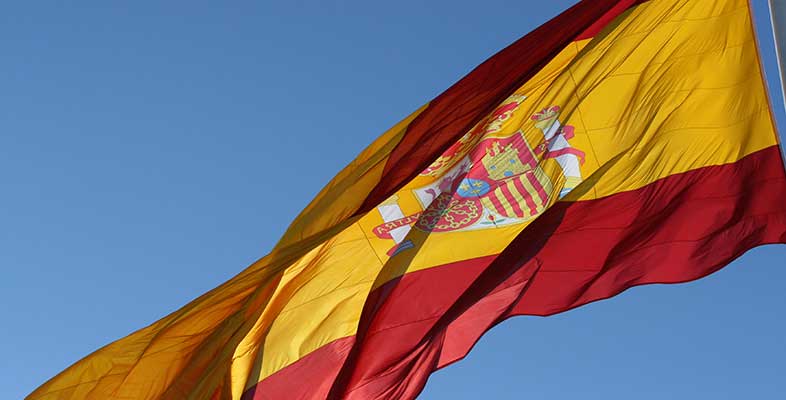1.2 Actividad
In this activity you are going to use adjectives to describe buildings.
Actividad 1.2
1. Here are some adjectives taken from the text. Translate them into English. Consult the Spanish section of the dictionary if you wish.
Traduzca.
| cultural | |
| espectacular | |
| moderno | |
| audiovisuales | |
| enorme | |
| metálica | |
| blanca | |
| interactivo | |
| precioso | |
| gigante |
2. Match the words in the column on the left with their opposites in the column on the right.
Enlace las dos columnas.
| (a) grande, grande | (i) negro, negra |
| (b) moderno, moderna | (ii) pequeño, pequeña |
| (c) bonito, bonita | (iii) antiguo, antigua |
| (d) blanco, blanca | (iv) feo, fea |
Answer
Here is a possible answer:
| cultural | cultural |
| espectacular | spectacular |
| moderno | modern |
| audiovisuales | audiovisual |
| enorme | enormous |
| metálica | metallic/metal |
| blanca | white |
| interactivo | interactive |
| precioso | beautiful |
| gigante | gigantic |
grande – pequeño
moderno – antiguo
bonito – feo
blanco – negro
ADJECTIVE ENDINGS (GENDER)
You will remember that an adjective changes according to whether the noun it refers to is masculine (e.g. el edificio – ‘building’ ) or feminine (e.g. la casa – ‘house’ ):
el edifici o modern o
la cas a modern a
When adjectives refer to a masculine noun, they end in - o.
When they refer to a feminine noun, they end in - a.
However, adjectives that end in - e or in a consonant have the same form for both masculine and feminine nouns:
el país grand e la plaza grand e
el complejo cultura l la actividad cultura l
